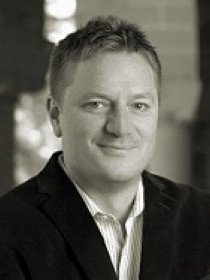About Cristobal
Young studies two core areas relating to economic inequality in America. From one end of the income spectrum, he studies the experience of unemployment and the effects of the Unemployment Insurance program. From the other end of the spectrum, he studies the demography of the elite, and the migration of millionaires in response to top tax rates. He has worked with tax administration officials in California, New Jersey, and the U.S. Department of the Treasury to access confidential tax return data on the economic elite.
Contributions
Why Public Transit Helps Young People Get Work
Why Jobless Americans Experience Deep and Prolonged Distress
No Jargon Podcast
In the News
Publications
Advances two core analyses: (1) state-to-state migration of millionaires over the long-term, and (2) a sharply-focused discontinuity analysis of millionaire population along state borders. Finds that millionaire tax flight is occurring, but only at the margins of statistical and socioeconomic significance.
Examines a trove of data on millionaires and billionaires—confidential tax returns, Forbes lists, and census records—and distills down surprising insights. While economic elites have the resources and capacity to flee high-tax places, their actual migration is surprisingly limited. For the rich, ongoing economic potential is tied to the place where they become successful—often where they are powerful insiders—and that success ultimately diminishes both the incentive and desire to migrate.
Tests whether better public transit services reduce youth unemployment.
Presents evidence of very little migration of elite income-earners in the wake of a new millionaire tax in New Jersey. The tax is estimated to raise $1 billion per year and modestly reduce income inequality.
